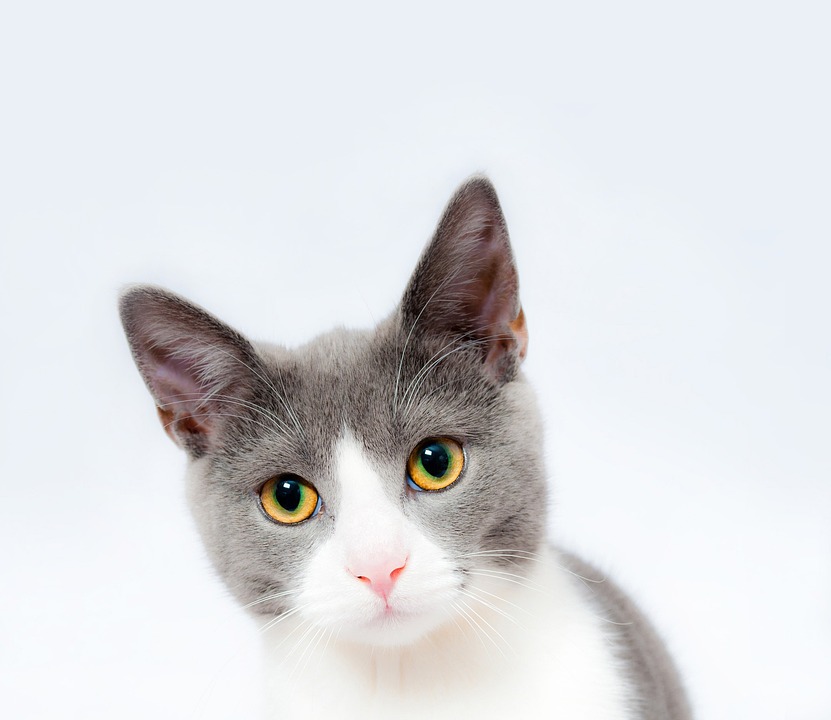Understanding Feline Dental Disease: Causes, Symptoms, and Treatment Options
Introduction:
Dental health is often overlooked in cats, but it plays a crucial role in their overall well-being. Just like humans, cats can develop dental disease, which can have a significant impact on their health. This article aims to shed light on the causes, symptoms, and treatment options for feline dental disease, emphasizing the importance of maintaining good oral hygiene in cats.
I. Causes of Feline Dental Disease:
1. Plaque and tartar buildup: When cats consume food, bacteria in their mouths combine with food particles and saliva to form plaque. Over time, plaque hardens into tartar, leading to dental disease.
2. Periodontal disease: This is a common dental condition in cats that occurs when bacteria infect the gums, causing inflammation and damage to the structures supporting the teeth.
3. Tooth resorption: Also known as feline odontoclastic resorptive lesions (FORLs), this condition involves the gradual destruction of tooth structure, leading to pain and tooth loss.
4. Gingivitis: Inflammation of the gums can occur due to plaque and tartar buildup, leading to redness, swelling, and discomfort.
II. Symptoms of Feline Dental Disease:
Recognizing the signs of dental disease in cats is crucial for early intervention and treatment. Common symptoms include:
1. Bad breath (halitosis): Foul-smelling breath is often a sign of dental disease in cats.
2. Red or swollen gums: Inflamed gums can indicate gingivitis or periodontal disease.
3. Loose or missing teeth: Tooth loss or mobility can be a result of advanced dental disease.
4. Difficulty eating or dropping food: Cats may experience pain or discomfort while eating due to dental issues.
5. Excessive drooling: Increased saliva production can be a sign of oral discomfort.
6. Pawing at the mouth: Cats may exhibit this behavior when they are experiencing dental pain or discomfort.
III. Diagnosis and Treatment Options:
If you suspect your cat has dental disease, it is essential to consult a veterinarian. They can perform a thorough examination and recommend appropriate treatment options, including:
1. Veterinary examination and dental check-up: A comprehensive oral examination allows the veterinarian to assess the extent of dental disease.
2. Dental cleaning and scaling: Professional cleaning and removal of plaque and tartar are crucial in managing dental disease.
3. Extractions and root canal therapy: Severely affected teeth may require extraction or root canal therapy to alleviate pain and prevent further complications.
4. Antibiotics and pain management: In some cases, antibiotics and pain medications may be prescribed to manage infection and discomfort.
5. Home care and preventive measures: Regular brushing, dental-specific diets, and dental treats can help maintain good oral hygiene and prevent future dental disease.
IV. FAQs about Feline Dental Health:
1. How common is dental disease in cats?
Dental disease is prevalent in cats, with studies showing that over 70% of cats aged three and older have some form of dental disease.
2. Can dental disease affect a cat’s overall health?
Yes, dental disease can impact a cat’s overall health. Untreated dental disease can lead to systemic infections, affecting organs such as the heart, liver, and kidneys.
3. How can I prevent dental disease in my cat?
Maintaining good oral hygiene in cats involves regular brushing, providing dental-specific diets, and offering dental treats. Regular veterinary check-ups and professional cleanings are also essential.
4. Are there any home remedies for feline dental disease?
While there are various home remedies suggested for feline dental disease, it is crucial to consult a veterinarian. Professional dental care is necessary to effectively manage dental disease in cats.
5. Is anesthesia necessary for dental procedures in cats?
Anesthesia is crucial for dental procedures in cats to ensure their safety and allow for a thorough examination and cleaning. It also helps alleviate any pain or discomfort.
6. How often should I have my cat’s teeth professionally cleaned?
The frequency of professional dental cleanings depends on a cat’s age and dental health. Generally, annual cleanings are recommended, but some cats may require more frequent cleanings.
7. Are there any specific dental diets or chews that can help prevent dental disease?
Dental-specific diets and treats that are designed to promote oral health can aid in preventing dental disease. These products often help reduce plaque and tartar buildup.
Conclusion:
Understanding feline dental disease is crucial for cat owners to ensure their pets’ overall health and well-being. Regular dental check-ups, professional cleanings, and proper home care can help prevent and manage dental disease in cats. By prioritizing their dental health, cat owners can help their feline companions live longer, healthier lives.








